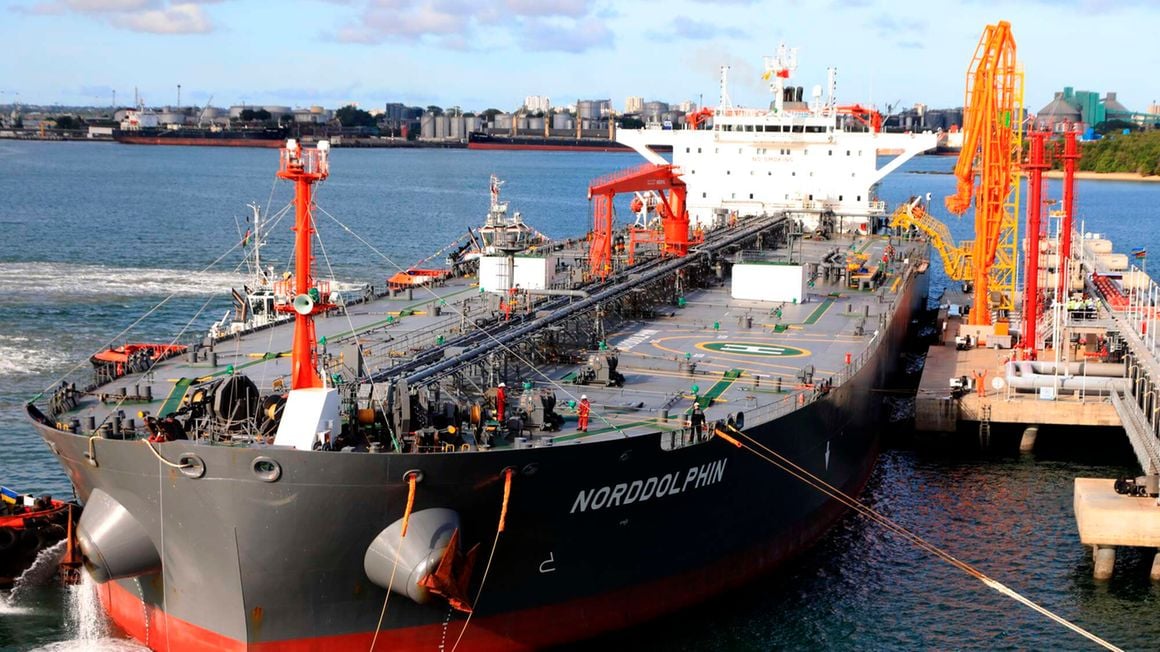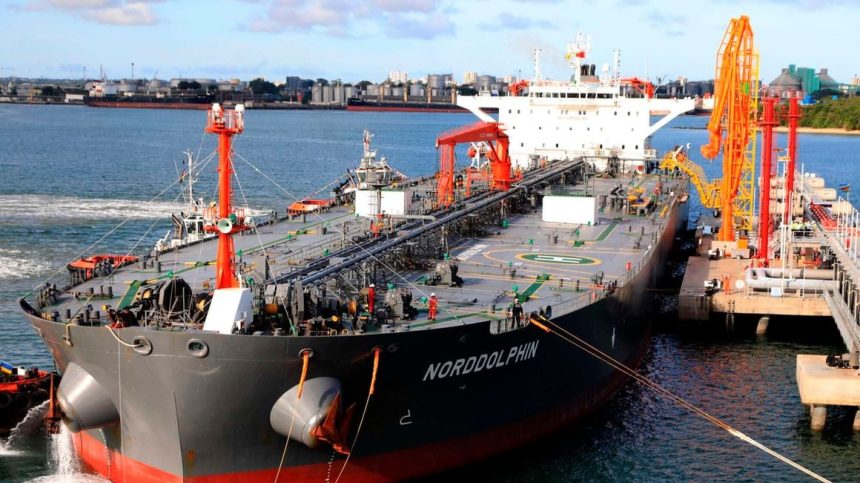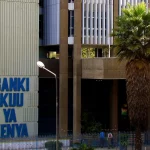The government has set aside Sh25.2 billion to settle the controversial fuel subsidy debt owed to oil marketers in the new budget to clear arrears for keeping pump prices low.
Treasury Cabinet Secretary Njuguna Ndung’u has submitted changes to the 2023/24 budget to include payments to the firms and ease their cash flow woes.
Compensation delays had forced oil majors to increase borrowing from banks to meet high capital outlays while several small dealers have been forced to close shop albeit temporarily.
“Mr chairman, following the re-organisation of government, the Parliaments resolution while approving the 2023 Budget Policy Statement (BPS) and to take care of payment of fuel subsidy arrears carried over from the financial year 2022/23, we have proposed amendments to the financial year 2023/24 budget as approved herewith- oil exploration, distribution of oil and gas-Sh25,222,411,755,” Prof Ndung’u said in a report to Budget and Appropriations Committee (BAC).
“The funds will cater for fuel stabilisation and funded through Petroleum Development Levy (PDL).”

The Treasury has also revised the 2023/24 budget estimates and allocated Sh6.8 billion to the State House, Sh1.14 billion to the office of Prime Cabinet Secretary Musalia Mudavadi and Sh13.7 billion towards implementation of presidential directives on the funding of Kenya Red Cross.
In April, oil marketers received Sh4.2 billion as compensation for keeping pump prices low. Energy and Petroleum Cabinet Secretary Davies Chirchir said the government is keen to fully pay the marketers.
Compensation delays have hit independent oil dealers harder than the well-oiled multinationals, nearly pushing them out of business.
TotalEnergies Marketing Kenya took Sh14.5 billion worth of short-term loans in the year ended December amid a sharp rise in working capital requirements due to the debts owed by customers and high fuel prices.
The multinational did not say the amount owed by the government under the subsidy but its rival, Vivo Energy Kenya said the State owed it $167 million (Sh22.6 billion) for the programme in the year ended December.
Disclosures by the parent firm, Vivo Energy Limited, show that government receivables increased from Sh4.023 billion a year earlier amid Treasury’s struggles to compensate oil marketers for keeping pump prices low.



